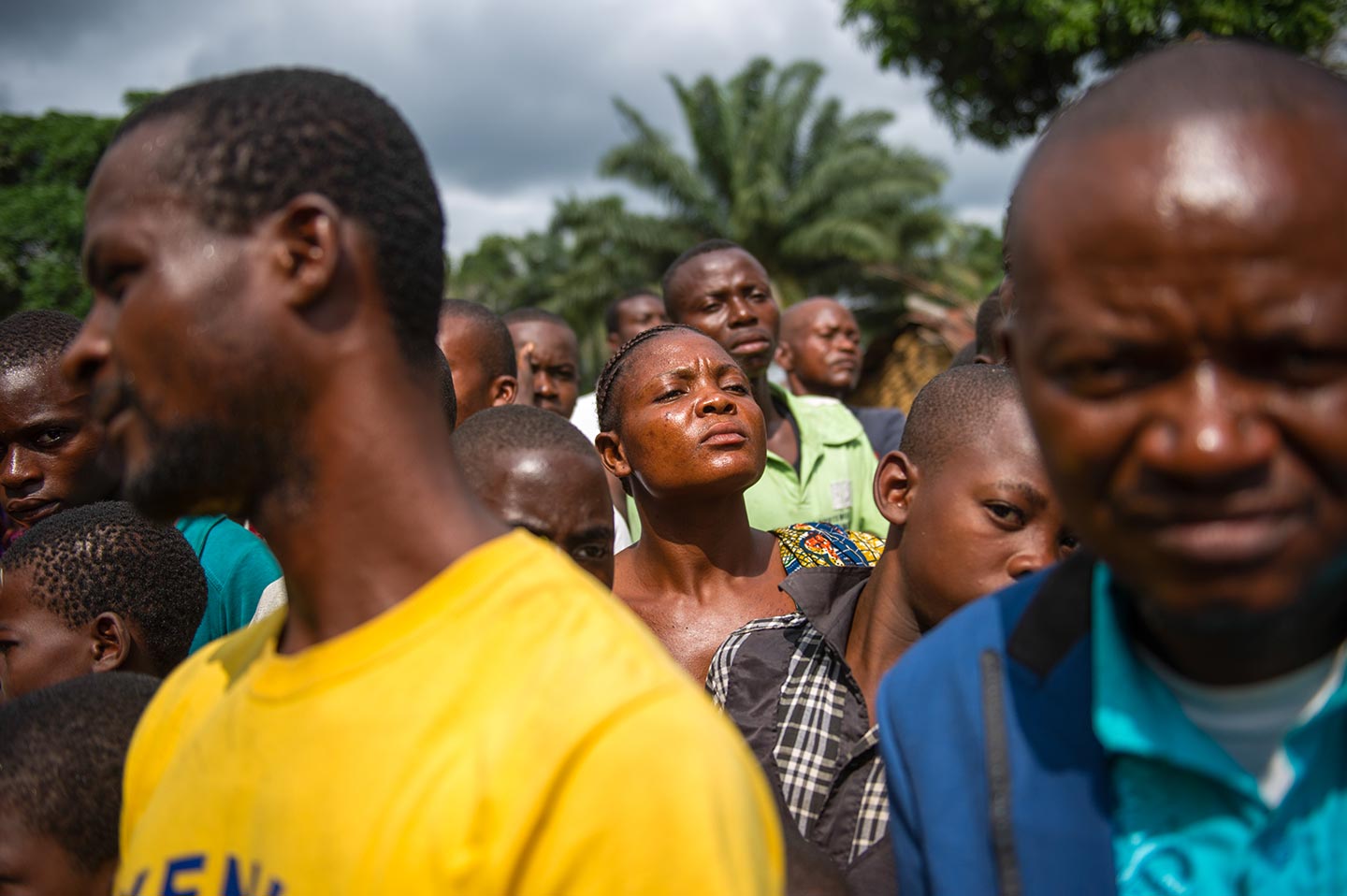How the Democratic Republic of the Congo overcame the world’s worst measles outbreak amid the COVID-19 pandemic
Before the pandemic began, the Democratic Republic of the Congo (DRC) was already facing a severe measles outbreak which started at the end of 2018. Despite huge challenges caused by COVID-19 and other diseases, the largest measles outbreak in the world is now over.
- 28 August 2020
- 4 min read

A campaign that saw 18 million children under the age of five vaccinated in the Democratic Republic of the Congo (DRC) is part of the effort which successfully brought the world’s largest measles outbreak to an end.
DRC Health Minister, Eteni Longondo said on Tuesday that the 25-month-long outbreak, which has claimed the lives of more than 7,000 children, was over. The news marked a double cause for celebration as it was made during the World Health Organization (WHO) Africa Region’s press conference where another African milestone was also announced: that the region had been officially certified as free from wild polio.
The end of the measles outbreak was the result of a shared effort by the DRC Ministry of Health, WHO, Gavi, the Vaccine Alliance and other partner aid agencies who joined forces in 2019 to respond to the outbreak by vaccinating more than 18 million children under the age of five against the deadly disease. This vaccination outreach project had a significant impact on reducing the incidence of new suspected measles cases.
While this campaign was vital in ending the outbreak, other vaccination outreach activities were held in 2020 with COVID-19 infection control measures in place, also played an important part. Over 1 million children between the ages of 6 to 59 months and more than 700,000 children who do not have regular access to vaccines were vaccinated against measles, thanks to these outreach activities supported by UNICEF and others.
By mid-July 2020, the number of new cases had fallen to 400 per week, compared to more than 9,000 during the peak of the outbreak in October-November 2019.
The news of the end of the measles outbreak is supported by both WHO and UNICEF teams in DRC. It marks a significant achievement particularly in light of the fact that the country has also been grappling with an ongoing response to the COVID-19 pandemic, a cholera outbreak and a major Ebola outbreak in the North Kivu region, which has recently been brought to an end.
The end of this measles outbreak shows the tremendous determination and skill of the DRC health ministry and frontline health workers.
Despite this positive news, the COVID-19 pandemic is continuing to present new challenges to recent efforts to improve immunisation coverage in DRC. Health workers are often without access to adequate personal protective equipment (PPE) to conduct immunisation sessions, parents are reluctant to bring their children to vaccination sessions due to fear of transmission, and the spread of misinformation and rumours about the virus, all pose barriers to the continuation of routine immunisation.
Data from the DRC’s Expanded Programme on Immunization (EPI) application identified a decrease of 10% in average attendance of children at immunisation sessions in the capital, Kinshasa, in April 2020, compared to the previous month. To limit the impact of COVID-19 on routine immunisation demand and service delivery, the DRC Ministry of Health has put some key measures in place. These include an issuance of directives at the end of March to maintain routine immunisation services in the COVID-19 context and a communications campaign using television and social media to combat the spread of false rumours.
In this context, while national funding for vaccines has long been a key challenge towards improving coverage, DRC has been recognised for its recent efforts to boost national investments in vaccines. In April–May 2020, the DRC government disbursed US$ 16.4 million for the purchase of vaccines – double what was spent in 2019 – in accordance with the commitment made at the National Forum on Immunization and Polio Eradication in July 2019. Though DRC has and continues to face significant challenges in the fight against vaccine-preventable diseases, including the ongoing Ebola outbreak in Equateur province, the Ministry of Health and the dedicated health workers on the ground have shown their commitment time and time again to protecting the Congolese people against infectious diseases.





